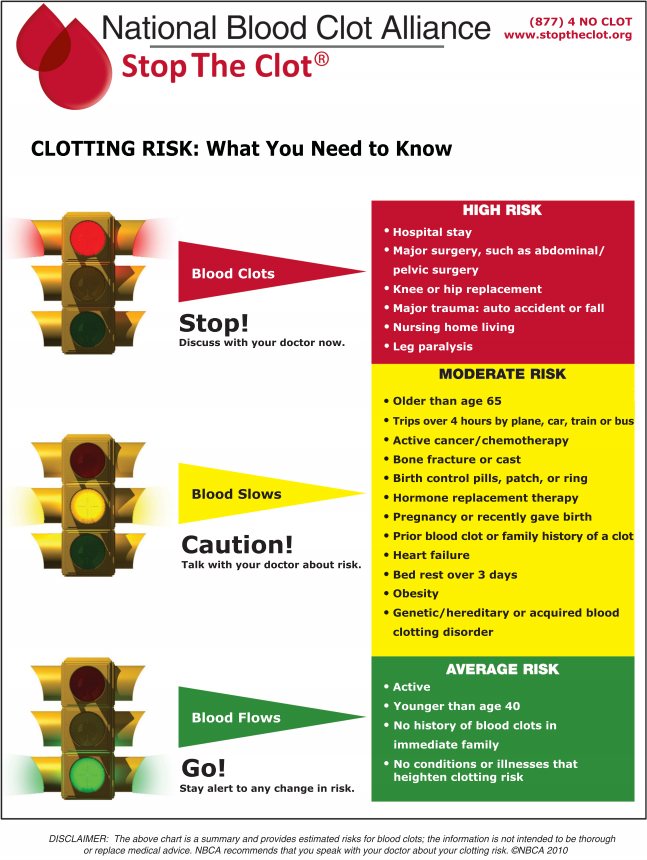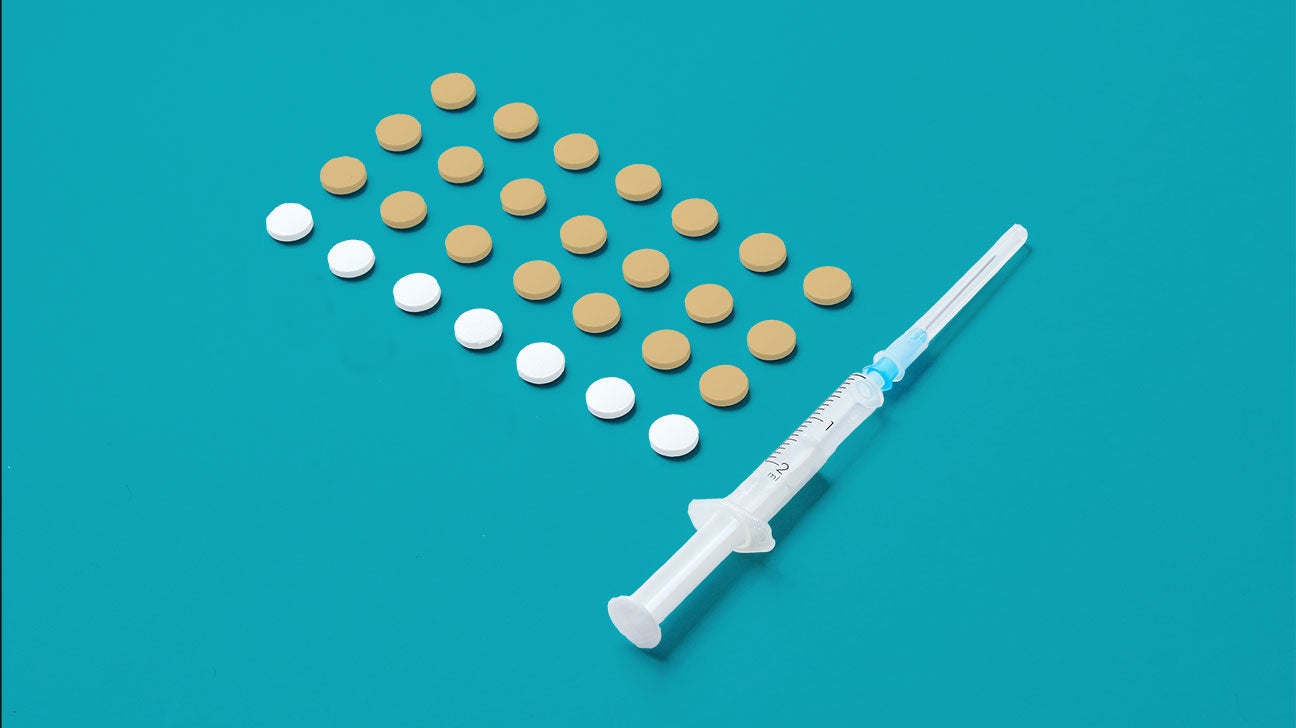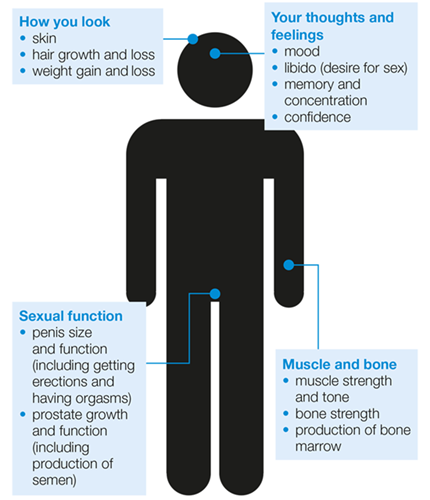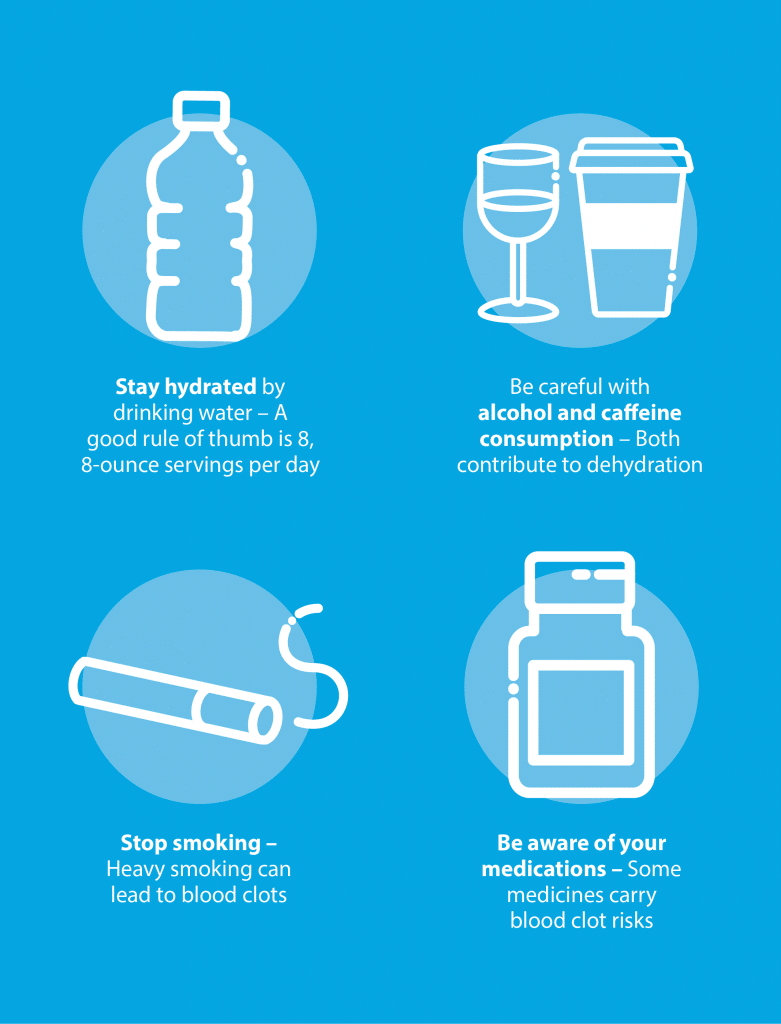Blood clotting risk quickly drops after stopping hormonal
$ 5.50 · 4.6 (442) · In stock

Using birth control pills and other hormone-based contraceptives is known to elevate the risk of blood clots about three-fold, but a new study suggests that this risk largely goes away within two to four weeks after one stops using these contraceptives, according to research published in Blood.

Clotting Risk: What You Need to Know - Blood Clots

Higher intake of fruits and vegetables may reduce menopausal

Birth Control Pills vs. Birth Control Shot: Which Is Better?

The best birth control pill for you: A guide to contraceptive options
![]()
Blood Clots News -- ScienceDaily

Side effects of hormone therapy
:max_bytes(150000):strip_icc()/GettyImages-460714185-599a405daf5d3a0011422002.jpg)
Blood Clots: Causes and Risk Factors

Birth Control and Blood Clot Risk - GoodRx
Alliance Health Clinic - In some women, the estrogen in combination hormonal birth control methods increases the risk of a blood clot in a leg (deep vein thrombosis, or DVT) or a

Avoiding blood clots while staying home - Longstreet Clinic

Online orders begin for first over-the-counter birth control pill
